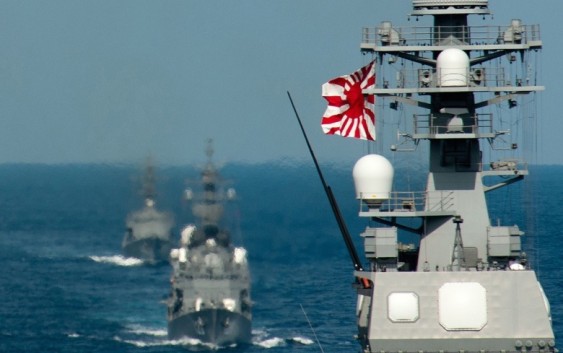The National Interest – February 29, 2016 – In his recent talk with U.S. Deputy Secretary of State Antony Blinken, China’s Director of the Taiwan Affairs Office Zhang Zhijun reiterated Beijing’s cross-Strait policy. Beijing will continue to uphold the 1992 Consensus, which accepts “one China” but allows strategic uncertainty surrounding its precise definition, resolutely opposes to any form of secessionist activities seeking Taiwan independence and firmly safeguards national sovereignty and territorial integrity. As Taiwan’s president-elect Tsai Ing-wen and her traditionally pro-independence Democratic Progressive Party (DPP) still decline to accept the “One-China” principle of the 1992 consensus, the future of cross-strait relations is fraught with uncertainty. While it is important for the DPP to find “a mutually acceptable mode of interaction between Taiwan and the mainland,” changes of the strategic situation in the Asia-Pacific region and the close people-to-people relations between Taiwan and Japan have given Tsai Ing-wen a new opportunity to cooperate with Japan in the cross-Strait issues, which currently involve only Taiwan, China and the United States.
A Changing Strategic Environment in the Asia-Pacific
Since the Obama administration announced its “pivot”—later termed the “rebalance”—to the Asia-Pacific region in 2009, the United States has focused on strengthening and modernizing its alliance with Japan. The new Guidelines for U.S.-Japan Defense Cooperation (“the Guidelines”), which was announced in April 2015, has reinforced alliance cooperation without preset geographical limits and enabled “seamless and effective” alliance responses to security threats. Japan’s enactment of two new security bills later that year has also expanded the scope of its Self-Defense Forces (SDF)’s activities overseas and broadened the areas in which they can operate. This enhancement of Japan’s defense posture allows Japan to play a greater role in the regional security, which seems to create a strategic environment from which Taiwan could benefit in managing ties with Beijing.
That said, to what extent the United States and Japan will cooperate in the event of a Taiwan Strait contingency so far remains ambiguous. Although the Guidelines and the security bills signal an expansion of Japan’s military role abroad, they did not explicitly mention the areas of alliance cooperation have extended to the Taiwan Strait. How much Taiwan can actually benefit from these changes of strategic situations thus sees limitations. Instead of sitting and waiting for a more favorable international environment, the Taiwan government can take the initiatives to turn the tide in its favor.

